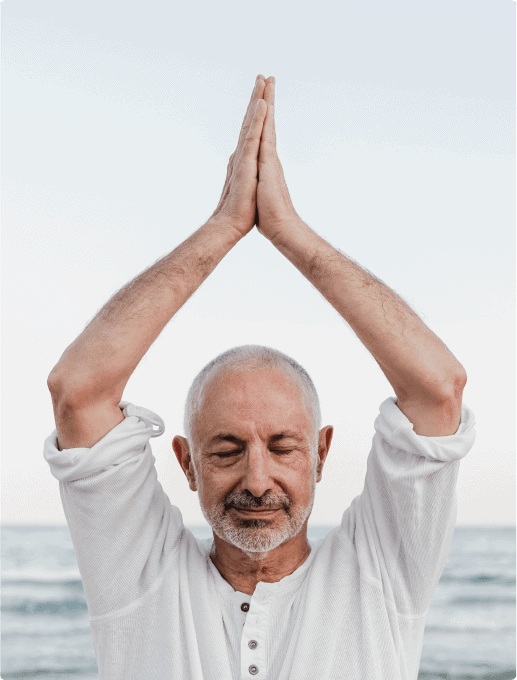What is Mental Health?
Everyone has mental health, and just like physical health, we have to take care of it!

Mental Health
Your general state of well-being & state of mind. Something that should be looked after

Mental Illness
Something that disrupts your mental state and interrupts how you feel, think, communicate and behave
Mental Health Vs. Mental Illness
Mental Health is your general state of wellbeing and state of mind. In other words, Mental Health is our brain’s health!
Mental Illness is something that disrupts your mental state and interrupts how you feel, think, communicate and behave.
We all have Mental Health, but a mental illness must be diagnosed by a medical professional
Mental Illnesses are common and treatable! In fact, there are more than 200 classified forms of mental illness. General Symptoms may include: changes in mood, personality, trouble sleeping, eating too much or too little, changes in personal habits, increased irritation, fatigue, and/or social withdrawal.
As with cancer, diabetes and heart disease, mental illnesses are often physical as well as emotional and psychological. They may be caused by a reaction to environmental stresses, genetic factors, biochemical imbalances, or a combination of these. With proper care and treatment many individuals are able to cope and recover!

Understanding Mental Illness

Disturbances in thoughts and behaviors

Inability to cope with demands or routines

Physical, emotional, or psychological symptoms

Disruption / Inability to function

Related to excessive stress
Exercising your Mental Health
Exercise 1
Recognize Your Feelings
It’a okay to feel sad sometimes. It helps to let it out! Talk to someone in your support network or write it down on paper. Getting it out can help reduce symptoms of depression.
Exercise 2
Focus on the Positives
Track your achievements with a journal and include the things you are most grateful for! Focus on the things you are good at before taking on a more challenging task.
Exercise 3
Practice Your Creativity
Creativity is proven to reduce symptoms of anxiety and depression! Make time to do creative activities you love such as listening to music, playing an instrument, baking with a new recipe, writing a poem, or even painting something abstract. Not feeling inspired? Embrace your inner child and try a coloring book.
Exercise 4
Take Care of your Body
Track your achievements with a journal and include the things you are most grateful for! Focus on the things you are good at before taking on a more challenging task.
Exercise 5
Seek Counseling/Therapy
You do not need a diagnosable mental illness to benefit from Therapy! Be patient and choose a professional who is right for you. Talking through life changes and challenges with a professional can help you feel more confident and set yourself up for success.
Check out mental health 101 for more resources
Exercise 6
Establish a Support Network
Whenever possible, seek support from friends and family members. If you feel you cannot discuss your situation with friends or family members, try a support group. These groups provide an opportunity for you to talk to other people who are experiencing the same type of problems. They can listen and offer valuable advice.